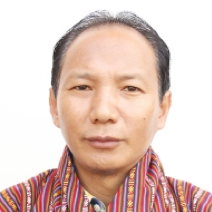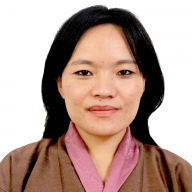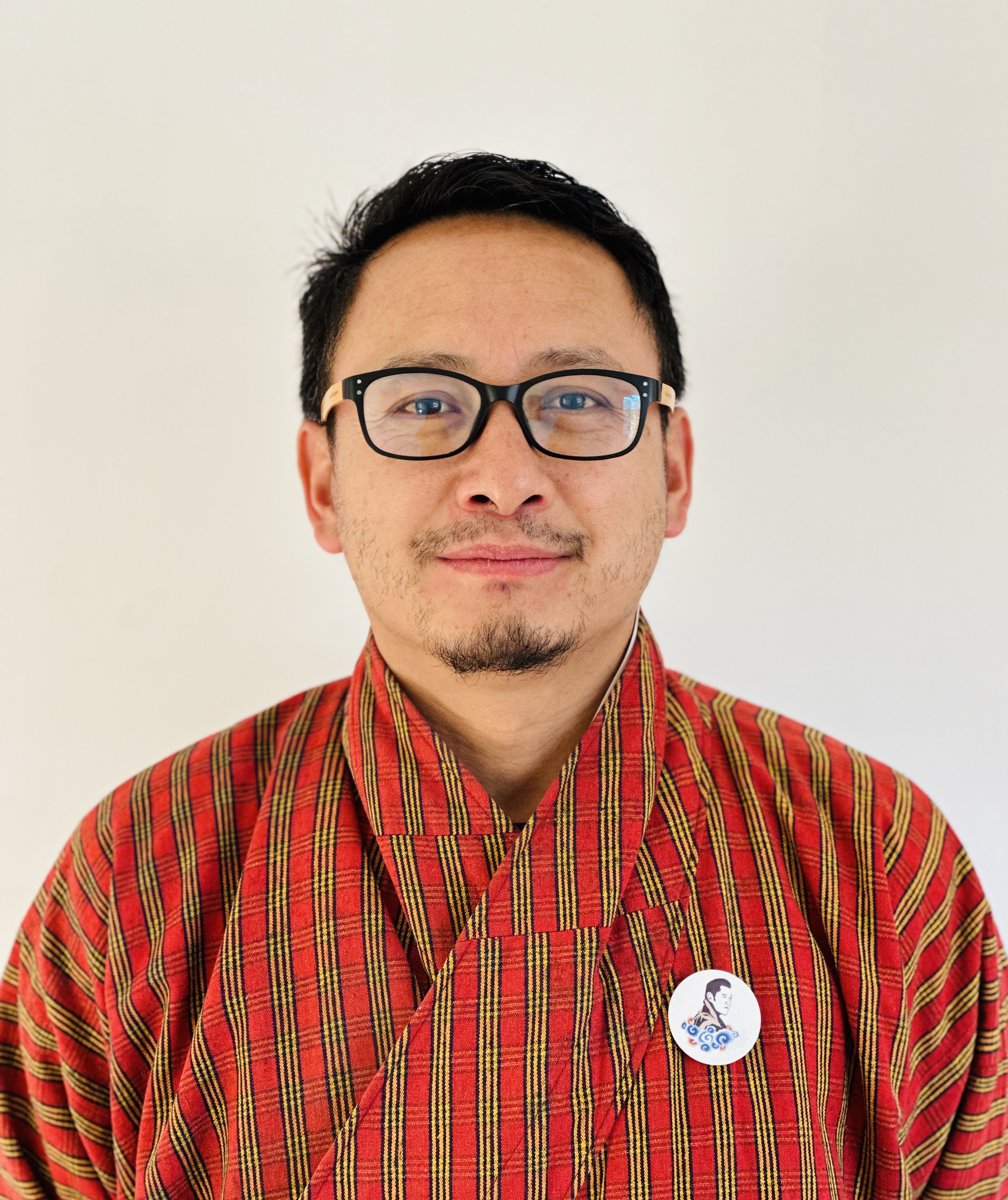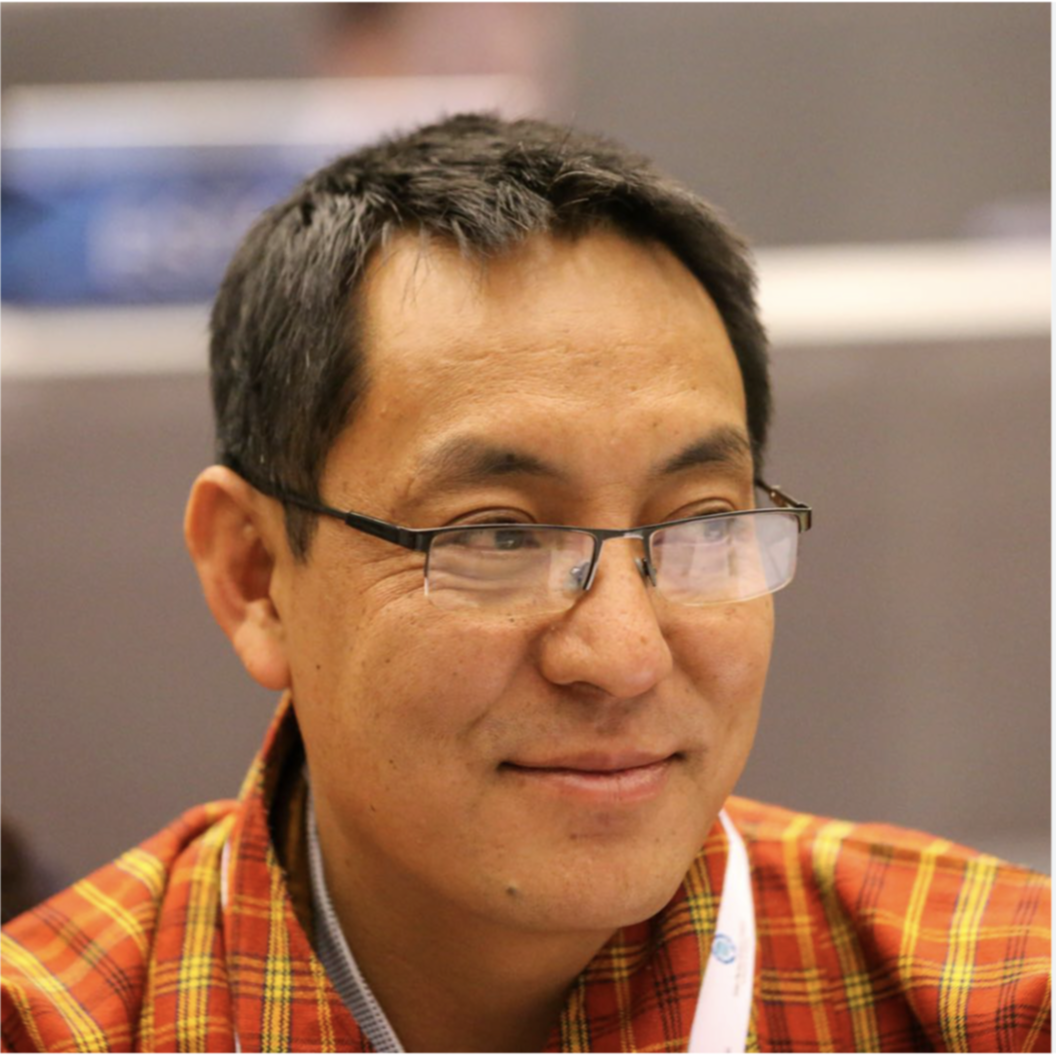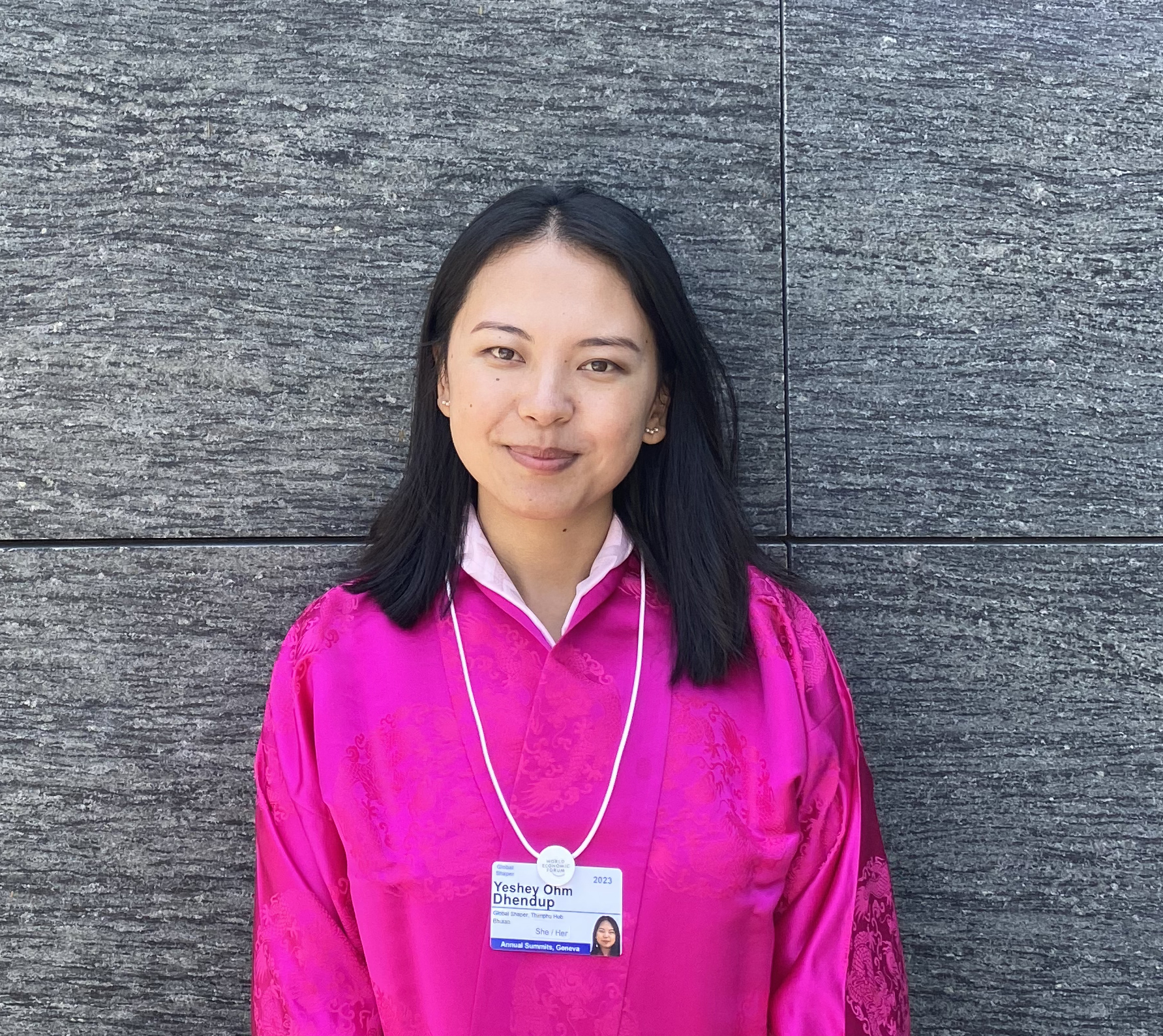Artificial Intelligence (AI) is redefining the 21st century and transforming every sector of the society, including education. Shine(2023) highlighted that AI is most likely to help human beings in taking over the mundane repetitive tasks, a potential that is equally relevant in the field of education. The impact of AI in education is already evident and is expected to grow even further. Educators are increasingly leveraging AI tools in classroom management and for analysing student data to make informed decisions and strategies. Perhaps, the biggest differences in education today are seen in the areas of personalised learning experiences and on-demand tutoring. However, like any other tool, while the use of AI is imperative and pertinent, serious and cautious considerations should be made.
As this change is proceeding, there are some critical questions the government and other stakeholders alike must reflect upon. How is the Ministry of Education and Skills Development (MoESD) and the country at large, considering the broader implications of AI in education? To what extent are our parents, educators and teachers prepared to understand and use generative AI both ethically and efficiently? What measures do we consider to ensure a forward-thinking approach to fully and cautiously embrace AI, now so that young people are exposed to AI? What plans and policies should MoESD put in place so that our ambitions and aspirations are driven purposefully and ethically? And in fulfilling all these, how do we leverage AI’s transformative potential to help realise our national vision of becoming a developed economy by 2034?
Following the Royal Kasho on Education Reform granted on 17th December 2021, which called for an education system that equips our children with 21st century competencies, a national transformation in education has been underway. It is becoming increasingly evident that AI is one of the most important, if not the most important, skill of the 21st century. Leveraging AI in the teaching and learning process will not only help enhance the efficiency of the system but also presents the added benefit of exposing our children to these powerful tools, which they will ultimately use and also, help build, in the future. According to the World Economic Forum, AI can foster education systems that are future ready, thus enabling Education 4.0, i.e., ‘teaching and learning approach that focuses on providing learners with the abilities, skills, attitudes and values fit for the future’ (WEF, 2024). Furthermore, a UNESCO article on AI identifies it as a tool to achieve the Sustainable Development Goal 4; Inclusive and Equitable Quality Education (UNESCO, n.d.). Despite our limited resources, Bhutan is trying to move forward in the global AI movement, however, much remains to be done. For instance, UNDP’s 2024 Artificial Intelligence Readiness Assessment report for Bhutan presents key areas where gaps have to be closed. The report cites the need for specialised AI, machine learning and data science skills in its first pillar; Government as an enabler (UNDP, 2024).
WEF’s report on the role of AI in education underlines four key areas where AI can make significant impacts. Firstly, AI can assist teachers in augmenting and automating administrative tasks such as lesson planning and attendance taking. Additionally, it can also facilitate real-time assessment and feedback processes. The report also emphasises the role of integrating AI into the education system to support AI and digital literacy, thus helping narrow the growing digital skills gap. Finally, AI can help teachers deliver learning content and experiences tailored to the specific learning needs of individual students (WEF, 2024). According to White (2025), there is a cautious and purposeful drive by parents in the US to help children learn AI. Salman Khan in his book, Brave New Words, writes that students who use AI productively will experience exponential learning (Khan, 2024). Teachers can use AI as assistants to design and deliver lessons that are holistic, do assessments that are accurate and develop tailored lessons and remedial plans for individual students through AI generated feedback and analysis. Teachers can not only employ AI to better understand the learning needs and gaps of individual students, they can also use it to make the teaching-learning process more engaging and sticky (Khan, 2024).
Learning platforms such as Duolingo and Khanmigo of Khan Academy use AI algorithms to analyse students’ learning patterns, thereby customising educational content to suit and meet the learning pace of individual learners. Unlike other generative AI tools such as ChatGPT, Khanmigo takes up the role of a facilitator. These tools don't do the task for the user, instead it guides users to think, analyse and help achieve a task like a personalised tutor. With the aim to revolutionise the education system, Khanmigo is being piloted to over 266 schools in the US (Cooper, 2024). Similarly, to equip students with AI skills and to make the education system relevant and sustainable, starting March 2025, Korea introduced AI textbooks for their primary schools (Choi, 2024). In 2023, the UAE government announced that they were developing an AI tutor for Emirati students and teachers. The UAE AI tutor will be instituted to “provide 24/7 assistance as well as help level the playing field for those families who cannot afford a private tutor” (Welsch, 2023). More recently, the UAE also announced the introduction of mandatory AI subjects for students from kindergarten to grade 12, starting the next academic year (The National, 2025). While Singapore has developed AI learning platforms for its citizens and many other countries are also following suit. In Bhutan, Code Monkey was gifted by His Majesty The King to the Bhutanese children back in 2021. Teachers have been trained and coding competitions among children of grades six to eight have been held. In addition, MoESD developed the Sherig ICT curriculum and lesson plans on AI and Code Monkey that are available for everyone to download. In addition, following a successful piloting of Eduten, a digital platform for learning math with gamification and AI, MoESD has decided to expand Eduten to the higher grades.
As the Bhutanese saying goes, “We shouldn’t cross the river like a blind horse”. There are challenges to consider, solutions to brainstorm, plans to develop and implement to prepare ourselves for the AI revolution. This river we need to cross is important. The Cabinet in December of 2024 endorsed ‘The National Education Policy 2025’. Among the various policies, AI and robotics were endorsed to be incorporated in the school curriculum.
While the impact of AI in education is still very ambiguous with ongoing debates surrounding its use for both students and teachers, it is becoming evident that AI’s benefits can outweigh its disadvantages if used responsibly. Hence, it has become crucial that teachers and parents alike, learn how to use AI together with our children. There are online AI courses, AI guidance books/manuals such as RCSC’s guideline for civil servants and UNESCO’s Guidance for generative AI in education and research, and there are books on AI. How AI Thinks by Nigel Toon gives us insights on AI and AI for Educators by Matt Miller is a book that guides teachers to rethink AI as a tool that augments teaching. There is a whole wealth of information on AI if only we choose to learn. And we have to choose to learn AI because a recurring theme is that individuals who do not learn how to use AI will be replaced by those who do.
So, the river stands before us and crossing it is not a choice but a necessity. Should we not build our strength so that we cross it not merely to survive but to thrive - learning, evolving, fulfilling our purpose, and building a future that reflects our national aspirations?


